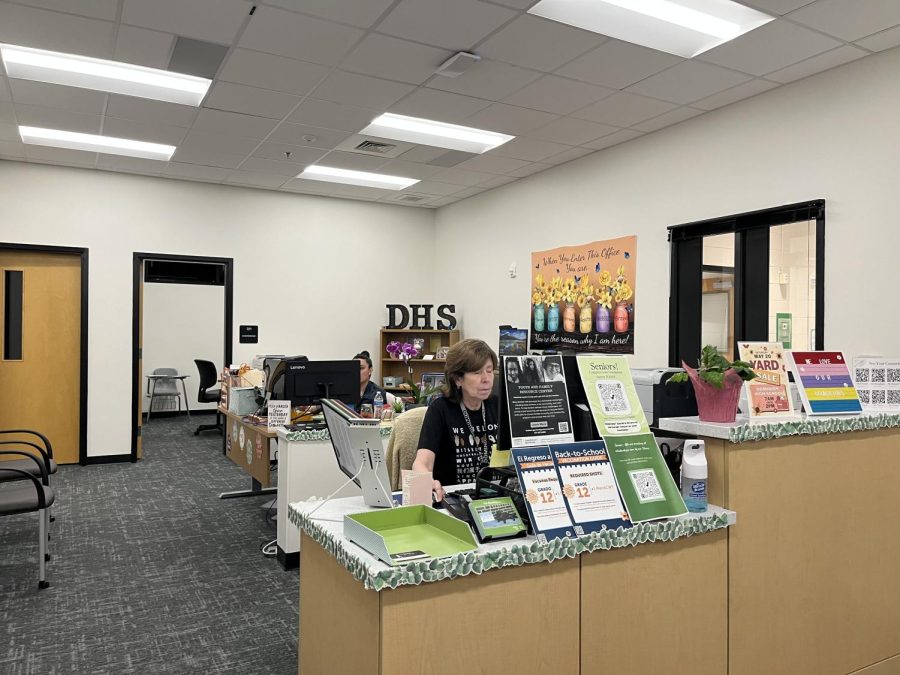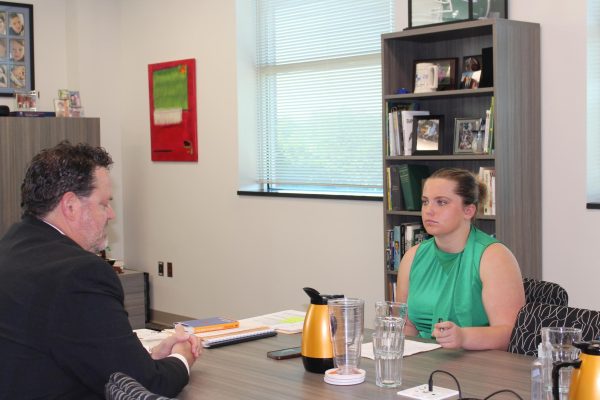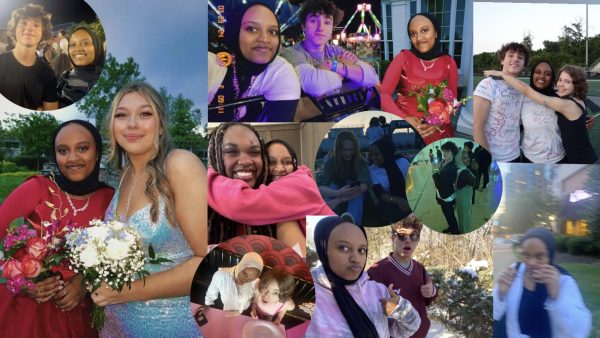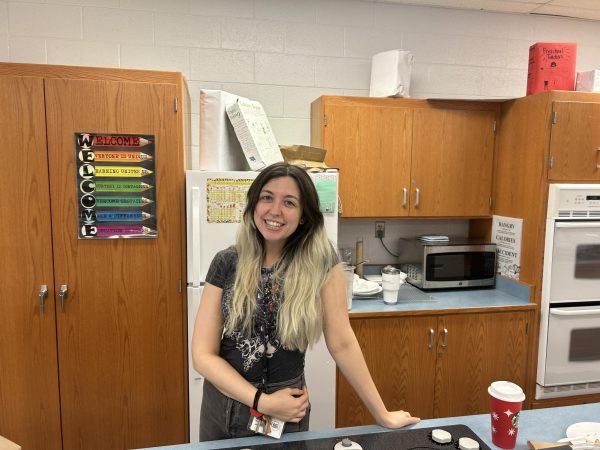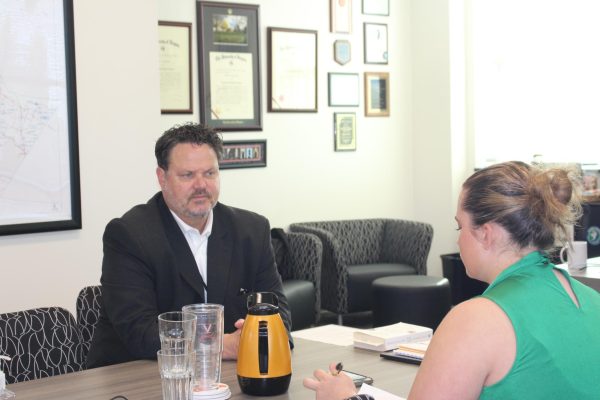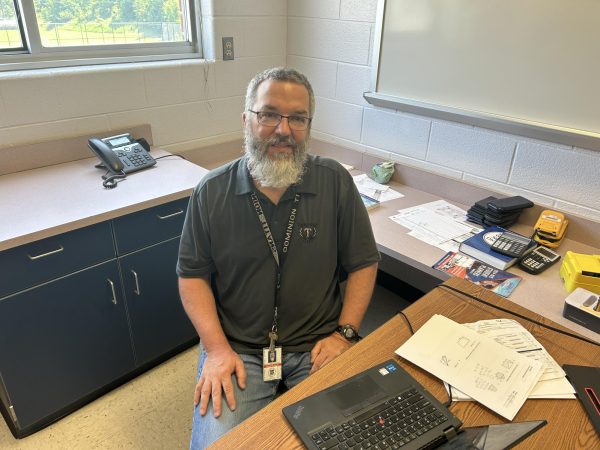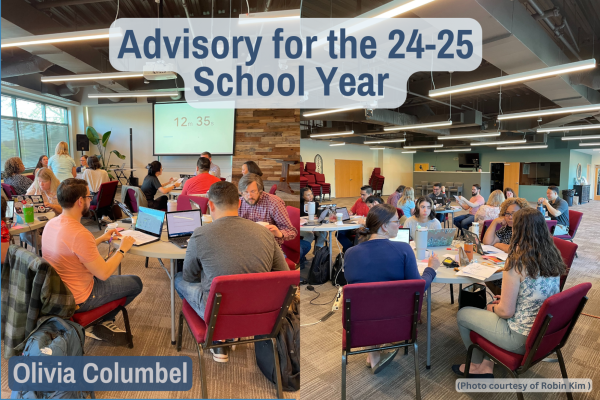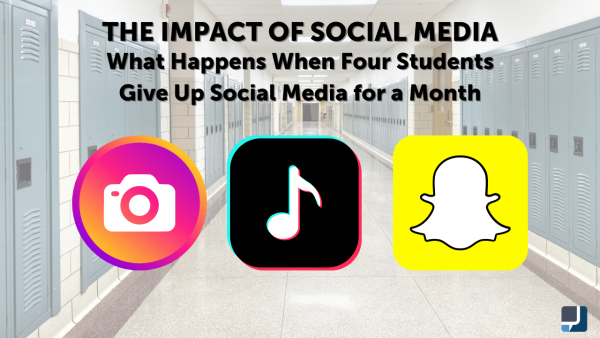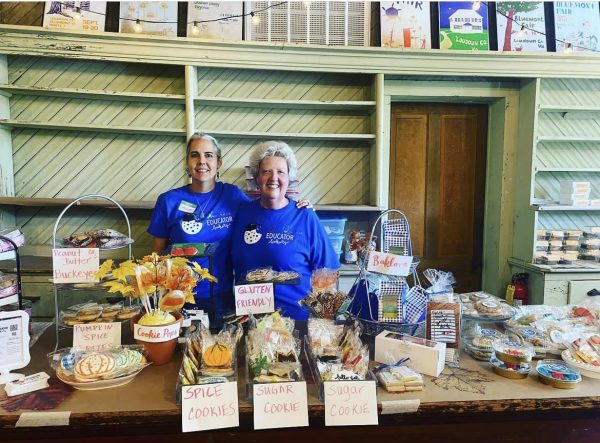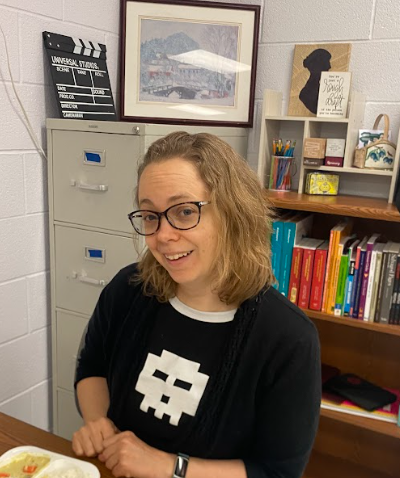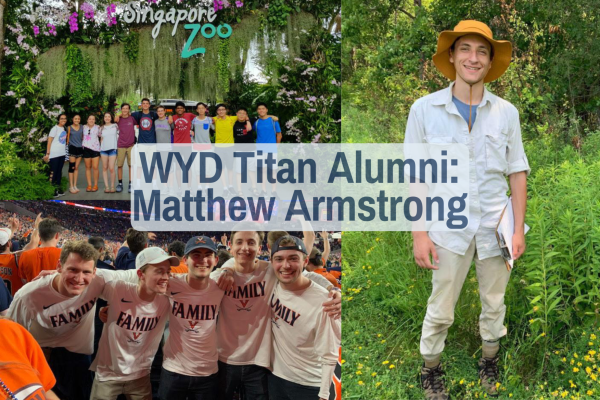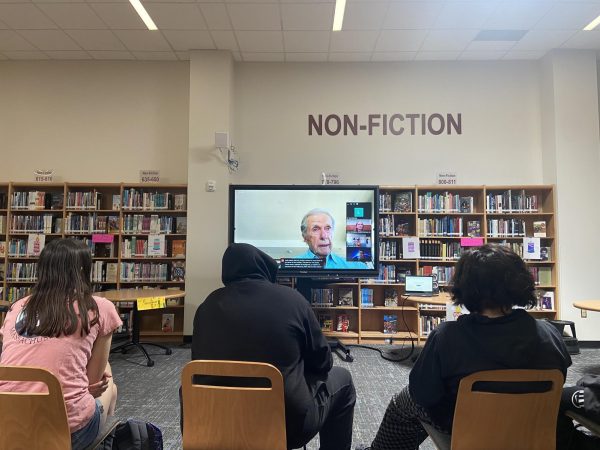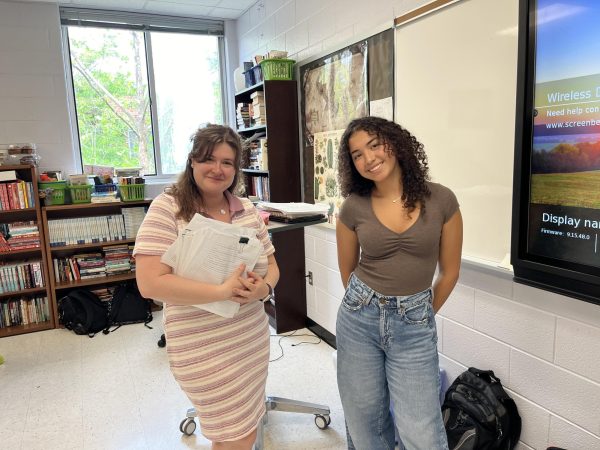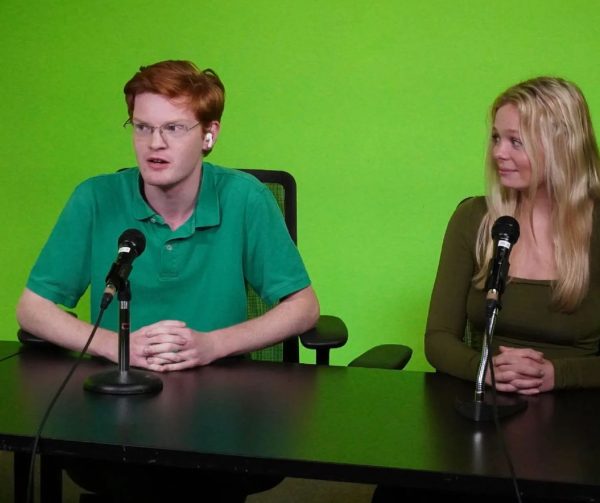Mental Health and Assault Crisis Resources for Dominion Students
Based on recent CDC statistics, teens, especially teen girls, are at risk for mental health crises
The counseling administrative assistant, Linda Green working to make sure students get the resources they need
In a CDC report released on February 13th centered on teen mental health and sexual assault it was revealed that three in five teen girls in the US feel persistently sad and hopeless, and one in five teen girls experienced sexual violence in the last year. Additionally, the report said that 52% of LGBTQ+ students have recently experienced poor mental health, and more than one in five attempted suicide in the past year.
In the event of sexual assault or a mental health crisis, there are resources that students can access through the school for emotional and legal support. In the case of either event, students should immediately report it to a trusted adult and/or law enforcement. If it’s an emergency, they can contact the National Suicide and Crisis Hotline by calling or texting 988, and can reach the National Domestic Violence and Sexual Assault Crisis Center at (703)777-6552.
Mental Health Resources at Dominion
The CDC’s What Works in Schools approach, which encourages schools to provide mental health resources in order to “improve health behaviors and experiences, support mental health and reduce suicidality in schools.” Dominion’s Unified Mental Health Team (UMHT) includes the school counselors, social worker, psychologist, and student assistance specialist, and are the biggest resource for students struggling with mental health or sexual violence issues. Students and parents can get mental and emotional health resources, hotline links, as well as contact information for all of the members who form part of the team on the UMHT website. The UMHT has resources for people struggling with mental health/suicidal thoughts, as well as those who have experienced sexual assault or violence. Students should book an appointment or send an email if they want to meet with someone from the UMHT.
If students share with counselors, psychologists or other staff that they are at risk of hurting themselves, someone else, or have been victims of abuse, staff members are required to report that. “Unless the parents are the concern, it does involve telling the parents, talking to them, and coming up with a plan for safety and how to move forward,” school psychologist Shelby Kunkel said. “I know that that can be kind of scary for some kids especially if they don’t want their parents to know…ultimately we all work together and try to figure out a plan to keep people safe,” Kunkel added.
That said, “legally, [staff] are not allowed to out kids, or anybody,” Kunkel stated. Meaning that if the student is part of the LGBTQ+ community, and their guardians don’t know, staff are not required to report it, and that information will be kept confidential if the student so chooses.
Counselors and the school psychologist, Kunkel, provide responsive services. “If a student is having a bad day, or having a moment, they can come in here, sit, take a break if they need to, we can talk, or we don’t have to talk, work on strategies to get through certain things and helping reframe thought processes,” Kunkel said.
The best way to guarantee time to speak to someone on the UMHT is to schedule an appointment for them, however the counseling office is typically always open, and there is usually someone available at all times. “Just show up, somebody will be here for you,” Kunkel said.
Resources available to students which the UMHT share with students include:
Healthy Relationships Girls and boys Groups (Spanish and English)- Martin, along with Kunkel run healthy relationship support groups during school hours where “we do a check-in, we have a snack, and then we do an activity about coping skills, stress management…growth mindset,” Martin said. Students can join the group by talking to their counselor Martin, or Kunkel for more information. “We just try to make it a support group, a safe place so if you need to talk about it, you have a place to talk about it,” Marin added.
“It would really just be support..is what we can do [at the school], if it’s a crisis we can respond to it, but we’d encourage getting an outside counselor…and we can get law enforcement involved,” Kunkel said.
Resources Outside of Dominion
Suicide and Mental Health-
The Ryan Bartel Foundation– a nonprofit organization whose mission is “To prevent youth suicide through awareness, upstream educational programs and activities that support and empower youth, families and the community at-large through acceptance, connection, resiliency and hope,” according to their website. The foundation has suicide prevention and mental health resources available, as well as hosting community activities in order to break the stigma around mental health, give teens a place where they can connect with trusted adults and peers, and teach resiliency and coping skills.
The Trevor Project – a nonprofit organization whose main focus is to help end suicide among LGBTQ+ youth, however they have resources for anyone facing mental health struggles. The Trevor Project has five main goals with resources in each one. They provide crisis services, peer support, do research, promote public education and advocacy. The Trevor Project has trained counselors that teens can reach, online community support spaces, and various other services.
The 988 Suicide and Crisis Hotline– a 24/7, free, confidential support hotline which connects users to trained counselors as well as a multitude of mental health support resources for everyone, as well as ones targeted to people in certain groups who struggle with mental health such as youth, disaster and loss survivors, and different ethnic groups.
Community Regional Crisis Response– CR2 provides 24 hour mental health and substance abuse crisis response services for children, youth and adults. CR2 can be reached through their website or by calling 571-364-7390
Loudoun County Suicide Prevention Services– LCSPS database containing suicide and mental health intervention and support resources.
PRS Inc– PRS CrisisLink Call 703-527-4077 or text CONNECT to 85511
Sexual Assault and Violence-
LAWS Domestic Violence and Sexual Assault Services– LAWS provides all children, youth and adults who are victims of sexual assault, domestic violence, dating violence, stalking, and child abuse with free and confidential services such as short-term crisis therapy, crisis intervention, domestic violence and sexual assault youth support groups, and safety planning. LAWS has a 24-hour crisis hotline which can be reached at 703-777-6552
RAINN– RAINN is the “world’s largest anti-sexual assault organization,” and provides resources for mental health support, legal action in response to sexual assault, education, and intervention.
Loudoun County Sexual Assault Response Team (SART)– SART is a community effort which provides resources for education, intervention, emergency response, and legal action for victims of sexual assault.
Virginia Sexual and Domestic Violence Action Alliance– VSDVAA is a non-profit advocacy organization which provides legal and other resources in both English and Spanish. Additionally, the organization has resources for people in the LGBTQ community, as well as several call and chat hotlines available.
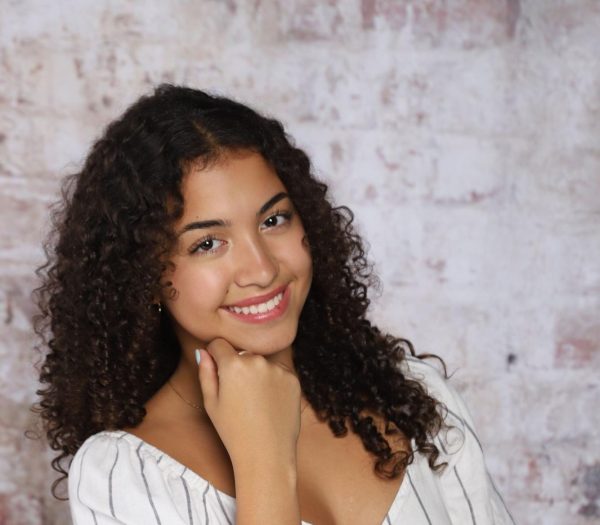
Cynthia Gonzalez is Co-Editor-in-Chief, and is a senior serving her fourth year writing for DHS Press. Her favorite pieces to write are ones relating to...



